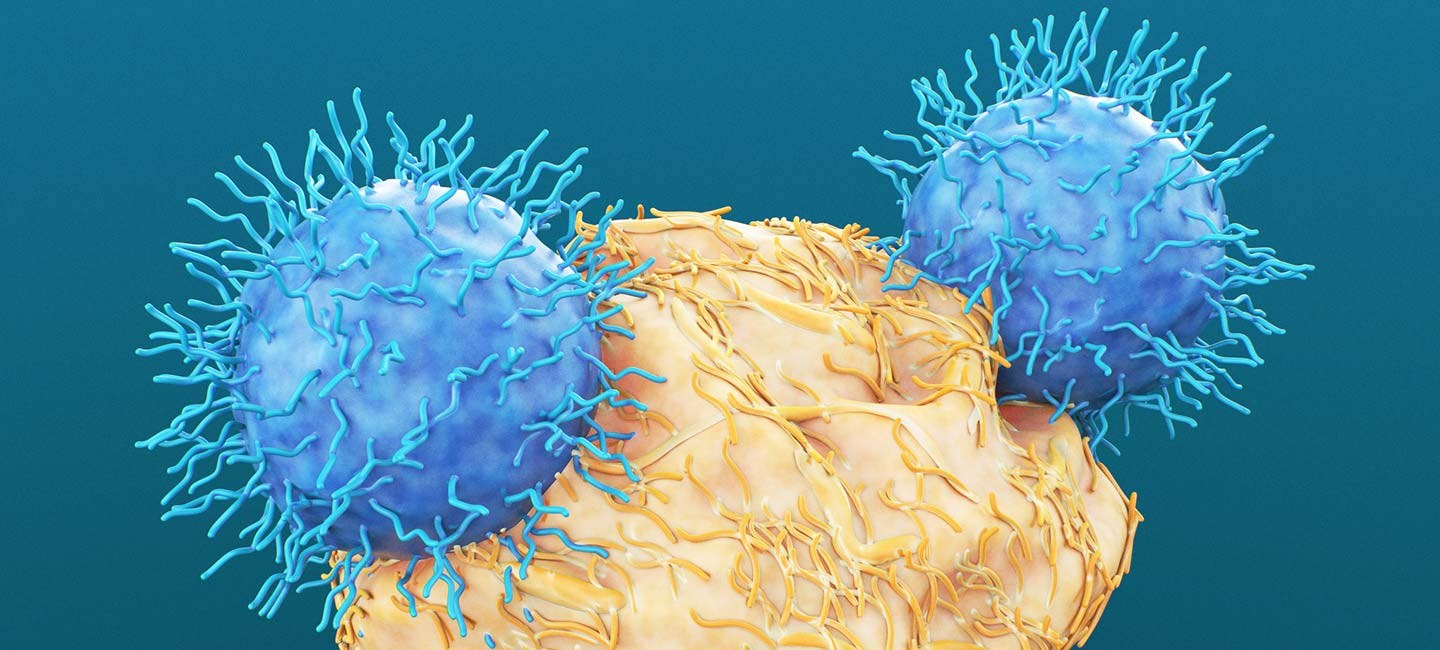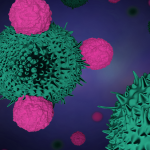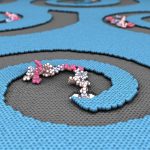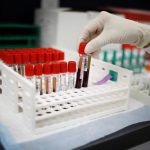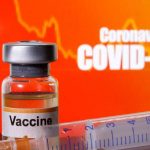With almost a quarter gone by in 2022, it would be a natural tendency for the Gene Therapy enthusiasts and market observers to try and make some sense of the developments in the sector. For some it could be a mixed bag of experiences and ardent expectations at the same time. It is a mixed bag given some of the recent actions by the FDA, promoted by certain safety concerns. Celyad Oncology, a Belgian biotech has announced the death of two participants of their colorectal cancer study, leading to a clinical hold by the FDA in March. Excitement around the development of 2.0 generation CAR-Ts would go subtle given such developments. This was not an isolated event. Even Allogene had to deal with a temporary hold before which is now revoked. Allogene is a well known Biotech entity, engaged in the development of allogenic CAR-Ts. From the regulatory and approvals point of view, these events may slow down the prospects of cellular therapy innovations.
Road blocks, setbacks and backburners to continue?
Towards the end of February, Homology has announced the halt of their gene therapy studies. This was just after BioMarin’s announcement regarding its phenylketonuria gene therapy trial being halted by the FDA. It is getting clearer that FDA will now adopt more stringent measures of scrutiny and review. It is indeed a good sign even though it may delay the commercial launch and access of several gene therapies. Perhaps it is a long overdue for the regulatory agencies to implement tougher standards when it comes to the approval of new age therapies. 2022 may probably witness more drastic changes in the regulatory standards and requirements.
Approach of the key Gene Therapy Players in 2022
The excitement around the Cellular and Gene Therapy innovations has been propelled by the record funding since 2018. According to the Alliance for regenerative medicine, this sector was infused with $23 billion investments in 2021. This had clearly surpassed the overall funding of $20 billion in 2020. It is to be seen if 2022 will witness the same degree of investor confidence or some sort of a reverse trend. Big players including Novartis seem to continue with their spending and acquisition focused on cellular gene therapies. The recent news about Novartis taking a $1.7 billion gamble on AAV tech is a clear indication in that direction. Pfizer is also likely to restart its Duchenne gene therapy trial which suffered a setback due to safety concerns. After the phase 3 trial being pushed to the backburner due to safety related issues, Pfizer’s Duchenne muscular dystrophy trial is likely to restart within a few months. It has been widely speculated that the Pfizer’s windfall gains from the Coronavirus vaccine may be invested in the prospective gene therapy research and development avenues. Takeda’s recent $2 billion deal with Code Biotherapeutics exploring its 3DNA platform is overwhelming. The indications are more or less clear that the big pharma and the key pioneers would continue to bet heavily. It is only to be seen if the scale of funding and investments would surpass the 2021 mark of $23 billion.
